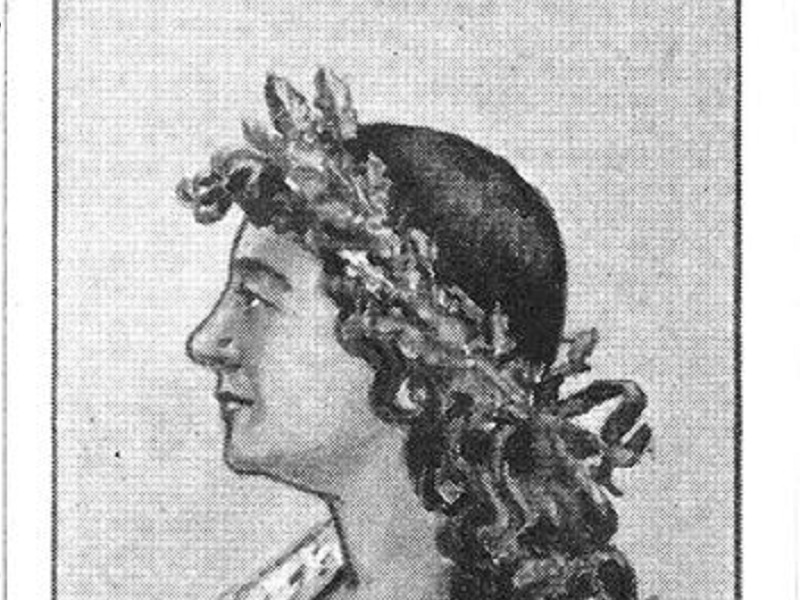The Hungarian who tried to sell Austria
King Matthias tried to make a deal with the Habsburgs, but they would not go into it.
“Proud Vienna suffered sore / From King Mátyás’ dark array,” the Hungarian historical recollection clearly considers King Matthias’s reign in the Middle Ages as the last glorious days of the Hungarian Kingdom, as the Hungarian National Anthem reveals, writes 24.hu.
Of course it is not unfounded: the king rules with a steady hand, both in home affairs and in foreign policies, with a clear concept, his troupes won over and over again, and, for instance, the culture was also developing rapidly during his time.
But all of this was built on fickle grounds. If we only look at foreign policies, Matthias’s priority was the elimination of the Ottoman threat. Admitting that the troupes of the Hungarian Kingdom would not be able to do that in the long run, he thought that — he or his descendants — would, somehow with the help of a hinterland, face the Turks. He tried to build an ally system, he decided to get the Czech, then later the German-Roman imperial throne.

Most of his western battles were fought for these reasons and by the second half of the 1480’s it could have seemed like he had never been in a stronger position, as his troupes took over a significant part of Austria, including Vienna.
But in reality, these wars not only decreased the county’s powers but also turned allies against Matthias. The then already ill king, instead of getting closer to the imperial throne, has to think about what will happen to his life’s work in lack of a descendant.
Not only the historians point out the problematic situation, but also Matthias himself admitted his troubled position, as he offered his Austrian conquest to Frederick III., like no proud and worthy conqueror would on June 6, 1489. He offered to give up Austria for 700,000 golden pieces and his bastard son, John Corvinus’s right of inheritance.
A few months later he went even further: to the Habsburgs, he offered to swear the Hungarian order to the emperor, if his son’s Croatian and Bosnian throne demands were met, so after his death, his crown would fall to the Habsburgs.
Frederick — and his son, Miksa —, however, did not see through Matthias’s position, so they did not take on the offer, they put off a formal response until the king died in the spring of 1490. History was on their side, as Matthias could not solve his son’s inheritance, and the Hungarian crown — although with a few bypasses — ended up in the hands of the Habsburgs, but maybe with an earlier deal, they could have gotten more than just a weakened, beaten down country’s one-third with the crown.
Read more about Hungary’s history HERE.







